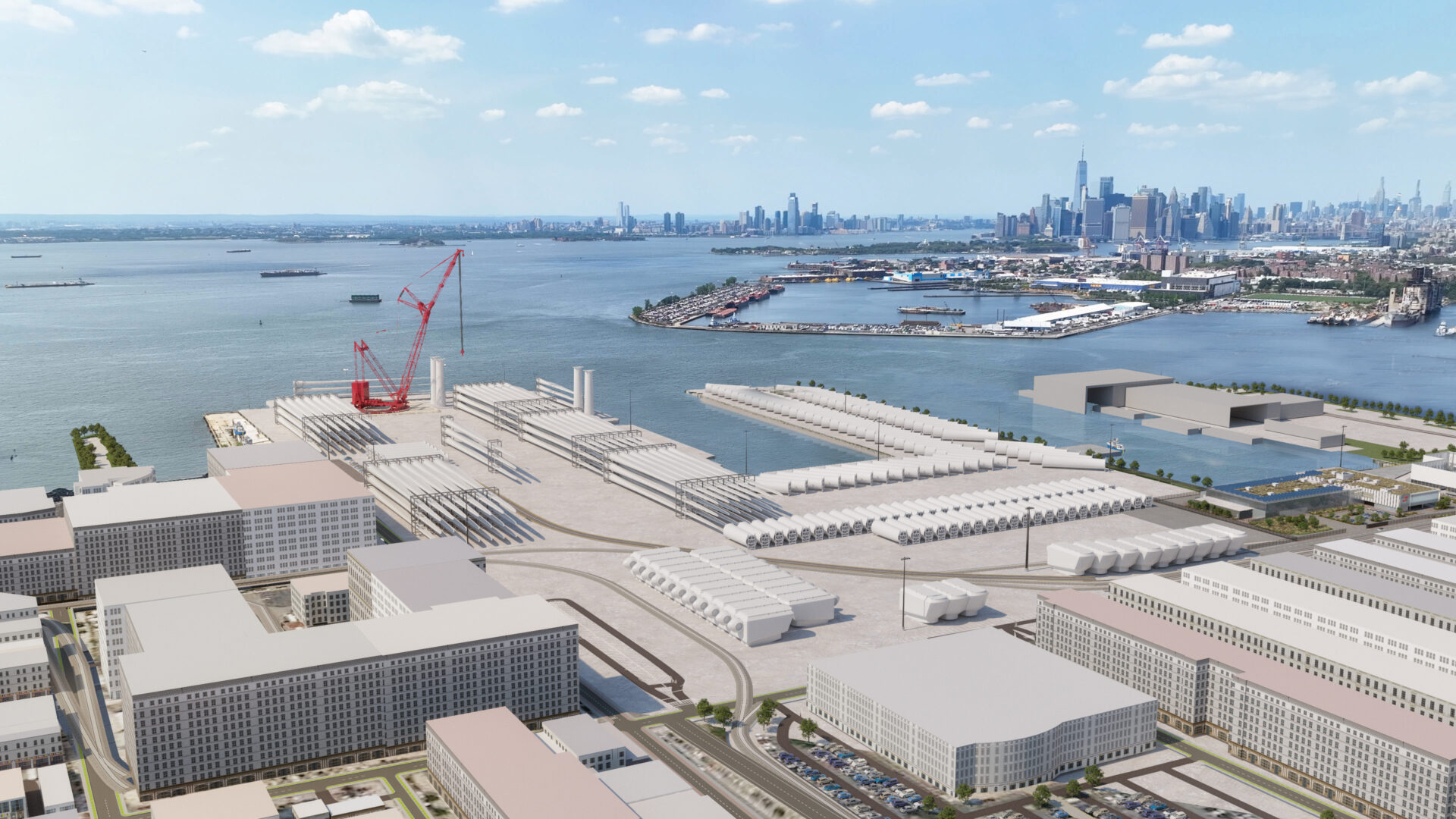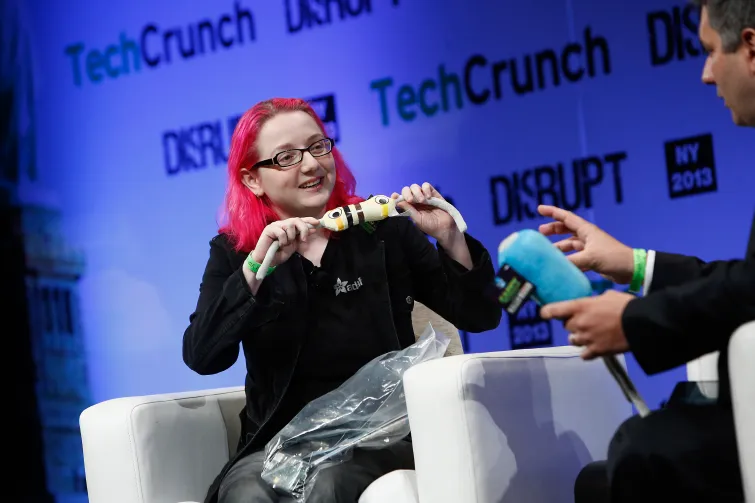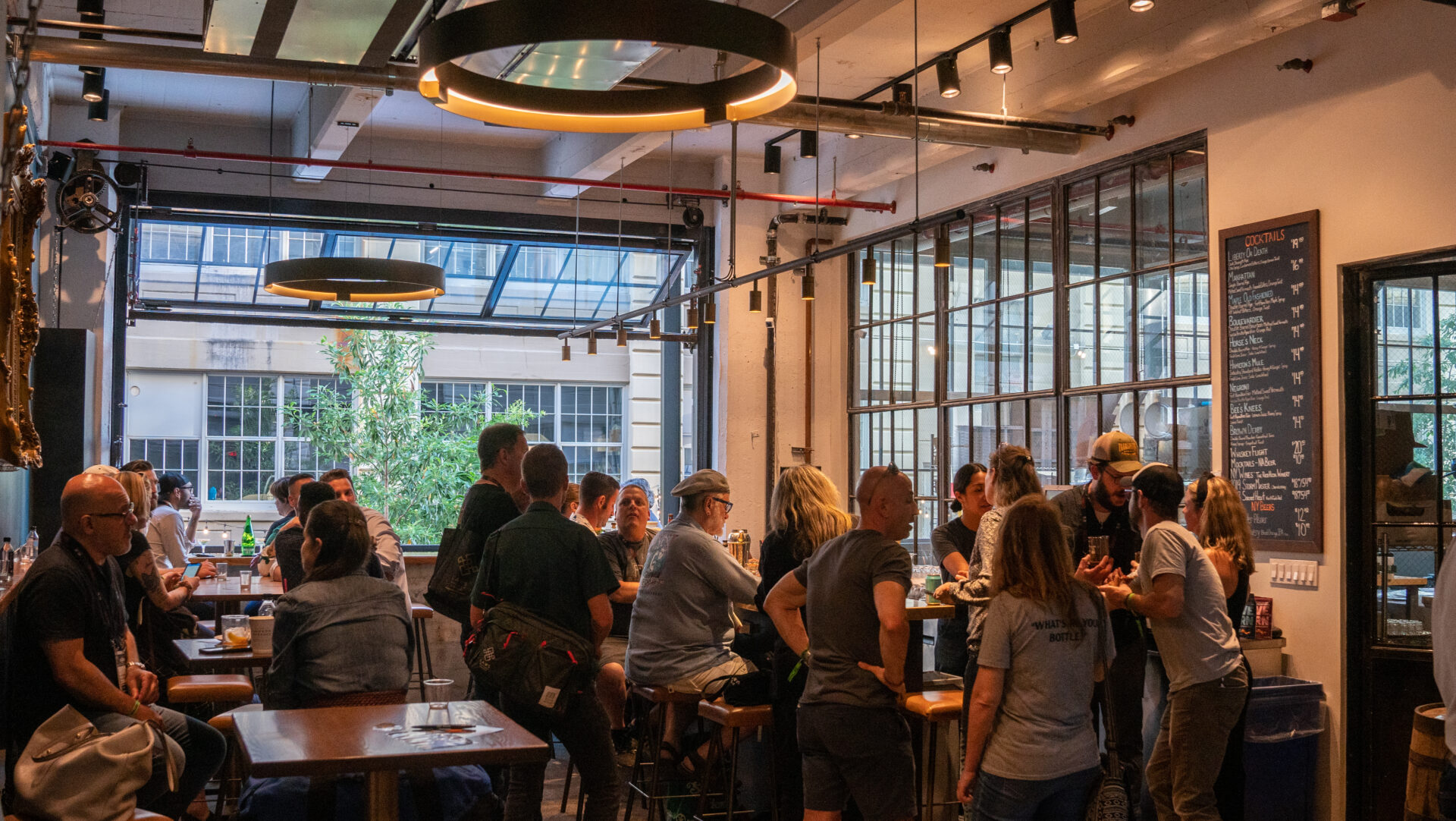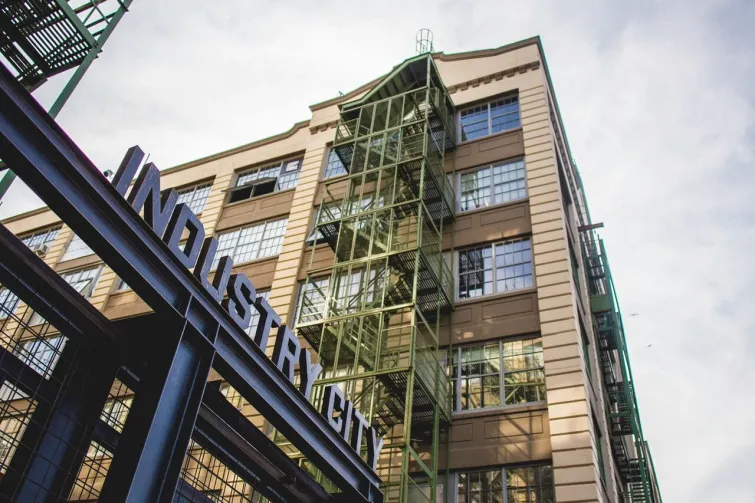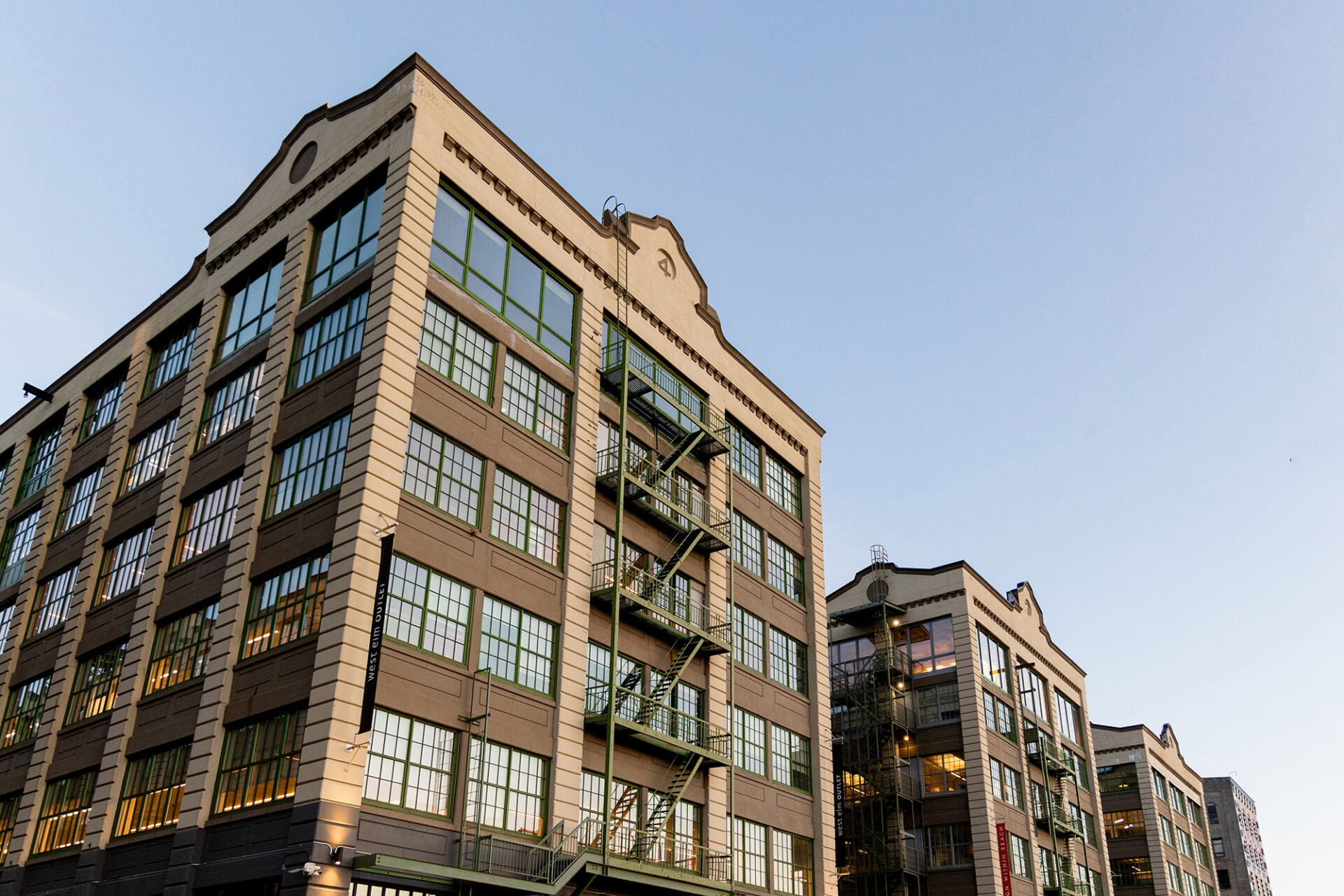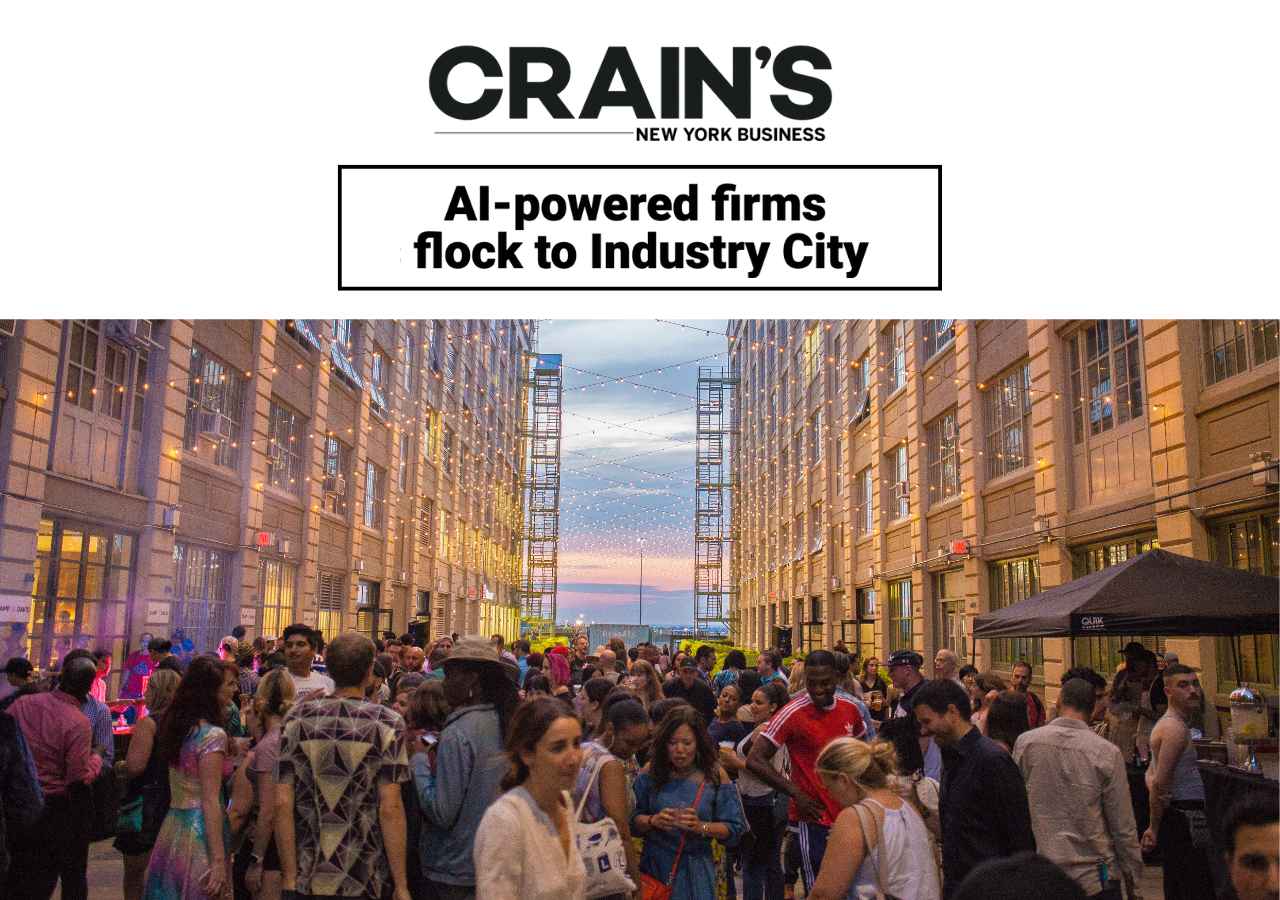
CRAIN’S: AI-POWERED FIRMS FLOCK TO INDUSTRY CITY
If New York City is Hollywood East, then Industry City is Brooklyn’s Silicon Valley.
The 35-acre mixed-use complex in the working-class neighborhood of Sunset Park, beneath the Brooklyn-Queens Expressway and on the edge of the South Brooklyn Marine Terminal, is quietly becoming the city’s AI epicenter.
The 6 million-square-foot campus owned by Belvedere Capital, Jamestown and Angelo Gordon & Co. since 2013 has undergone a $450 million redevelopment, focused on infrastructure and design upgrades to attract emerging tech companies seeking amenities such as coffee bars and game rooms. The perks match what can be found in the big tech player’s sprawling West Coast campuses.
The investment appears to be paying off. The 16-building complex is home to more than 650 companies with more than 9,000 employees, many of them tech firms, which occupy 700,000 square feet. A few such companies include Openigloo, which leverages crowdsourced reviews and city data to give renters an inside look into a specific address before they sign a lease; Cracking the Code, a software company that teaches guitar; and Cresilon, a biotech company known for its U.S. Food and Drug Administration-cleared gel that stops severe bleeding.
Recently, firms using all facets of artificial intelligence to shape the next iteration of tech innovation are taking space at the complex. Such companies are finding that the collaborative nature of Industry City and Brooklyn’s general cool, laid-back vibe are helping them grow.
The firms include nonprofit online fundraising platform FundraiseUp, which uses AI to predict consumer behavior and streamline the donation process; electronics manufacturer Adafruit, which produces the circuit boards, robotic tools and semiconductors often needed to power AI; and data center DataVerge, which stores specialized computer servers, also known as graphics processing units, that are at the forefront of the AI movement. Each of the companies say the campus’ size and talent base were deciding factors in their signing a lease at Industry City.
“They’re helping each other. Sometimes they team up,” said Greg Morrisett, the dean of Cornell Tech, a business, law, design and technology complex on Roosevelt Island. “And [the tech sector is] so fast-moving that you need a community to help keep up with all the changes and all the things that are going on.”
For the love of Brooklyn
FundraiseUp has grown to more than 3,000 clients, including Unicef, Feed the Children and the American Heart Association, since its founding in 2017. Peter Byrnes, CEO, declined to share the company’s annual revenue but said the firm just landed a $70 million investment from Summit Partners.
The roughly 300-person company moved several years ago from the top floor of a former firehouse in Gowanus to Industry City, where it now occupies about 15,000 square feet. He said the vibrancy of being in Brooklyn is part of what led the company to the complex.
“Brooklyn is authentic,” Byrnes said. “Nonprofits really care about who you are, and I just feel like Brooklyn is the soul of New York.”
Another AI-powered company to make its home in Industry City is Adafruit. Founded in 2005 by MIT engineer Limor Fried, Adafruit defines itself as a platform for learning about and making electronics as well as an online store, through which it sells about 4,000 products, said Chief Operating Officer Garrett O’Keefe. One such product is a kit to create LED displays.
Fried said she moved her 100-plus-employee company from a factory warehouse in SoHo to Industry City last year because it was in dire need of more space. The company’s revenue is about $30 million to $35 million annually, Fried said.
“In Manhattan, it’s actually kind of hard to get 40,000 square feet,” said Fried. “You’re not going to find that in SoHo anymore.”

Adafruit
Limor Fried, CEO and founder of Adafruit.
Aside from the space, Fried said, having her firm based in Brooklyn allows her to be surrounded by a variety of talented tech thinkers each day.
“It’s kind of inspiring to see all the different companies that are coming here. It’s just this little incubator of different technologies and different companies,” she said. “A lot of them are small and innovative, but it’s like, if you want one of those big gigantic companies, go elsewhere. Here, we’re on the cutting edge.”
DataVerge, meanwhile, was founded in 2003 in a small office on Vanderbilt Avenue in Prospect Heights. It moved to Industry City in 2006 and now occupies 45,000 square feet for its 15 to 20 employees.
When looking for its new digs, the team prioritized space, security and top-quality infrastructure. The firm cared more about the internet offerings and sound- and climate-proofing capabilities than whether its new home had a gym — although Industry City has one of those too.
The vast amount of space it leases, cordoned off from the rest of the campus, is essential to the company’s operations. DataVerge uses large, loud machines (one is nicknamed the “screamin’ demon”) that store tons of information for its clients, ranging from mom-and-pop law firms to large hospitals, trading systems and wireless networks. The loud noise comes from the many tiny, fast-spinning fans located at the back of each server to keep them cool because they run extremely hot.
“If Con Edison goes dead for whatever reason,” said Jay Bedovoy, DataVerge’s chief technology officer, “we have a generator, and we have backups. This place cannot, and will not, go dark.”

DataVerge
DataVerge’s data center at Industry City.
Bedovoy, who declined to share the company’s average annual revenue but noted that it does not have any significant debt, said that DataVerge is allocated about three megawatts of power each month, and it currently relies on about two to run the center. That’s roughly the equivalent of about 1,600 homes in the U.S. running for 24 hours a day. He also declined to comment on precisely how much the bill comes to each month, but he acknowledged that it’s “clearly not small.”
More than just ample space, Bedovoy says, Industry City has intangible qualities for the tech crowd.
“It’s where the cool people go to do post-production design, video editing, all of the creative stuff that’s heavy on data. They need a place like this,” he said. “You want to be kind of off the beaten path. You don’t want to be flashy, because it’s a critical infrastructure thing. You don’t want to be a target.”

DataVerge
DataVerge’s data center at Industry City.
A social bunch
New York surpassed London and is now giving San Francisco a run for its money when it comes to tech innovation, according to a recently announced global ranking of startup ecosystems by Tech:NYC, New York City Economic Development Corp. and San Francisco-based consulting firm Startup Genome.
The five boroughs have added an average of 8,000 jobs annually between 2014 and 2024 thanks to AI, life sciences and climate-tech firms. As of last month, there were 203,819 tech jobs in the city, according to the report from the aforementioned three organizations. It’s unclear exactly how many of those jobs are within Industry City, however, as the city doesn’t specifically track that data.
Crucially, the rate of employment within the tech sector is also growing at a much more rapid rate than that of other industries. Tech sector employment has grown by 26.2% since the pandemic, nearly 10 times the 2.7% rate of private sector jobs, according to the report.
The number of startups in the city is also closing in on that of the West Coast, and New York ranks second in the nation. New York is home to 8,750 funded startups; the Bay Area, meanwhile, has 14,574.
And many of the city’s tech firms are seeking to be close to and learn from one another.
Jeff Fein, SVP of leasing at Industry City, said the complex has seen an uptick in interest in the past couple of years. Rent throughout Industry City’s 16 buildings ranges from about $35 to $40 per square foot for creative offices and close to $20 per square foot for warehouse space, he said, and the occupancy rate is nearing 80%.
Fein said Industry City’s popularity can be attributed to the fact that tech people want to be around other tech people, learning from their fellow engineers, “tinkerers” and makers.
“The environment that we created, the amenities that we have, are very conducive to tech-oriented people, who are a social bunch,” he said. “Having a wide variety of tenants here and being next to each other is important to them.”
By Julianne Cuba








